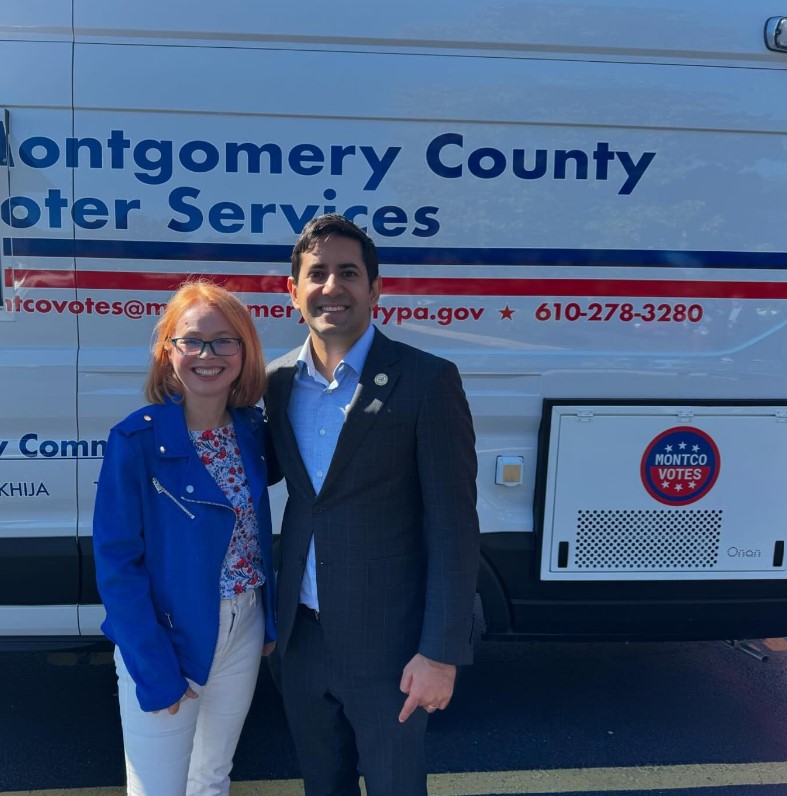Even though tax increases are looming, Philadelphia and the Delaware Valley counties have promised to jointly contribute $22.95 million to help shore up the coffers of the Southeastern Pennsylvania Transportation Authority (SEPTA). That is unwelcome news for Delaware County taxpayers. Delaware County faces a $76 million budget deficit, and residents are looking at a 28 […]


